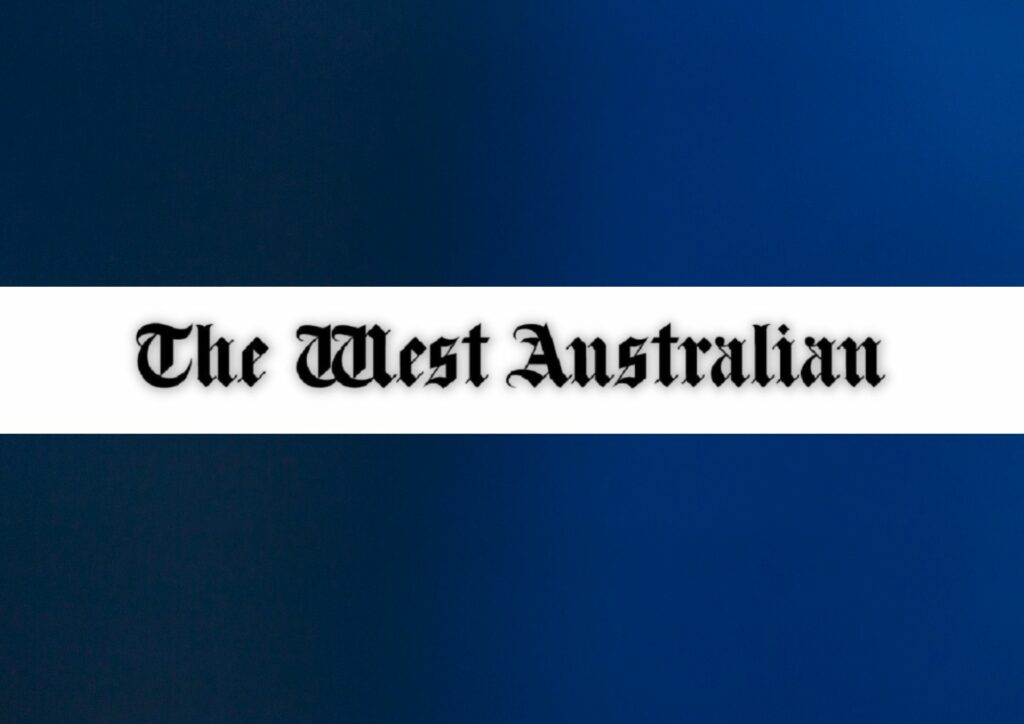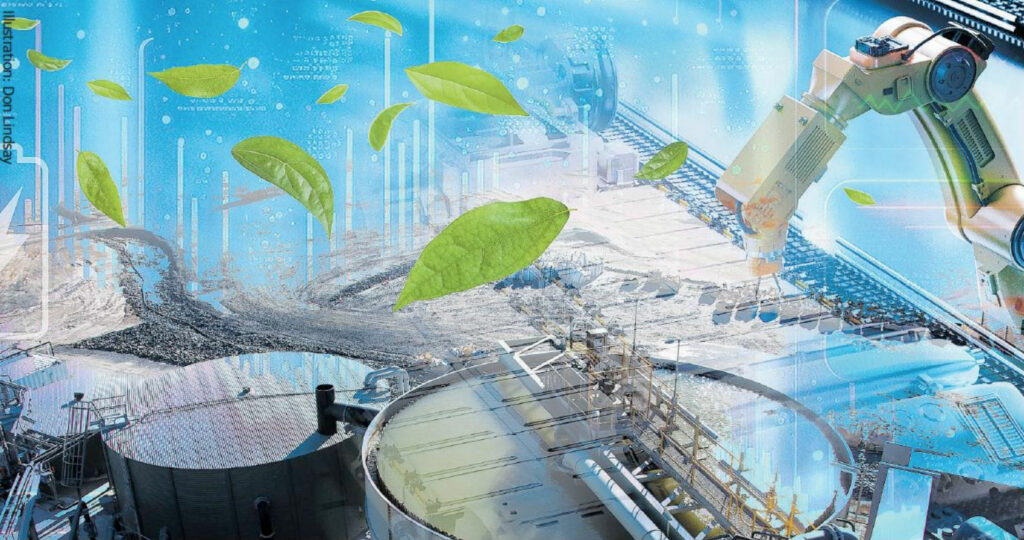

Article by Tania Constable courtesy of the West Australian.
The emergence of the next mining boom presents an incredible opportunity for Australia.
An opportunity to generate immense prosperity and security for our nation that will benefit generations of Australians.
An opportunity to not only lead the world through the transition to net zero economies, but secure a long-lasting economic dividend in the process. To see Australia develop into a clean energy superpower.
Because once again we find ourselves in an advantageous position — the world needs what we have in abundance.
To achieve net zero, the world will require astronomical volumes of minerals and metals. By 2030 alone, 50 new lithium mines, 60 new nickel mines and 17 new cobalt mines will be needed to meet demand for electricity storage. By 2035, today’s global copper supply requires a near doubling to meet insatiable demands for EVs, charging infrastructure, solar panels, wind turbines and batteries.
Over the next two decades alone, the International Monetary Fund estimates the market for low-emissions technologies, renewables and componentry will be worth a staggering $17.6 trillion.
Our natural endowment of critical minerals means Australia can secure the biggest chunk of that opportunity, and there is no State or Territory that understands that potential more than WA.
But here, through the WA Government’s Strategic Industrial Areas, it’s not only about getting the critical minerals out of the ground, it’s about bolting on processing, refining, manufacturing and infrastructure, to ensure we not only maximise value, but stay competitive with other nations.
This holistic approach will lead to WA becoming a global leader in lithium. For example, currently Australian refining of lithium hydroxide monohydrate is 12 per cent more expensive than its lowest-cost competitor, Indonesia. But given WA’s abundant reserves of lithium, integrating lithium mining and refining will have Australia become the lowest-cost global producer of LHM (28 per cent cheaper than Indonesia).
This approach is leading the world.
But while we might have one of the world’s biggest deposits of critical minerals, and while we have the companies and the expertise to capitalise on those endowments, none of this opportunity can be taken for granted.
This new mining boom is not our birthright. It’s not just going to magically happen.
We need to seize the opportunity and not squander it.
But even in this first phase of the new energy mining boom, the constraints are being applied, and our potential is being capped.
A steady stream of excessive interventions by governments have put Australia’s chances of reaping an incredible, long-lasting dividend from this new mining boom at genuine risk.
These include heavy-handed industrial relations laws that impinge on productivity and threaten jobs.
Energy policy that sets an incredibly high bar for our major resources companies to clear, putting at risk their global competitiveness.
Blatant royalty tax grabs aimed squarely at rescuing over-spending budgets. And increasingly onerous approval processes that ratchet up the cost of, and cause significant delays to, new minerals projects. The very projects Australia and the world needs to transition to a new energy economy.
You cannot keep throwing punches at Australian businesses and expect to maintain the same level of economic growth and job creation.
You cannot keep harming the prosperity creators and the opportunity makers and expect wages to rise and funding to grow for our hospitals, schools and infrastructure.
You over-burden business at our collective peril.
At a time when we need more investment to unlock the nation’s vast critical minerals potential, Australia’s investment environment is deteriorating at speed.
And the real danger here is that despite boasting one of the biggest endowments of critical minerals in the world, we will cede our advantage to other nations; nations which are creating the right environment to attract investment, nations where the risk of political intervention is benign.
And alarmingly, nations whose environmental records and climate ambitions are sub par.
Opportunity will simply get up, pack its bags and head overseas.
There is a genuine risk of Australia’s critical minerals remaining in the ground, as companies and investors prioritise foreign resources developments where costs are lower, policy settings more stable, and returns are higher.
That is the honest message from our business leaders and company giants such as BHP and Glencore which in recent weeks have sounded the alarm bells at the deteriorating investment environment in Australia that will chase away capital from our shores; a message that this once-in-many generations energy transition will be won or lost by countries serious about putting in place the policies that attract capital.
This call to arms was echoed this week with a stark assessment from gas giant Inpex which claimed that an impending lost opportunity by Australia would soon be gobbled up by others.
We cannot allow this opportunity to slip by us and watch as others reap the spoils.
This opportunity is in all of our interests.
Because when Australian mining does well, Australians do well.
Tania Constable is the chief executive officer of the Minerals Council of Australia.
